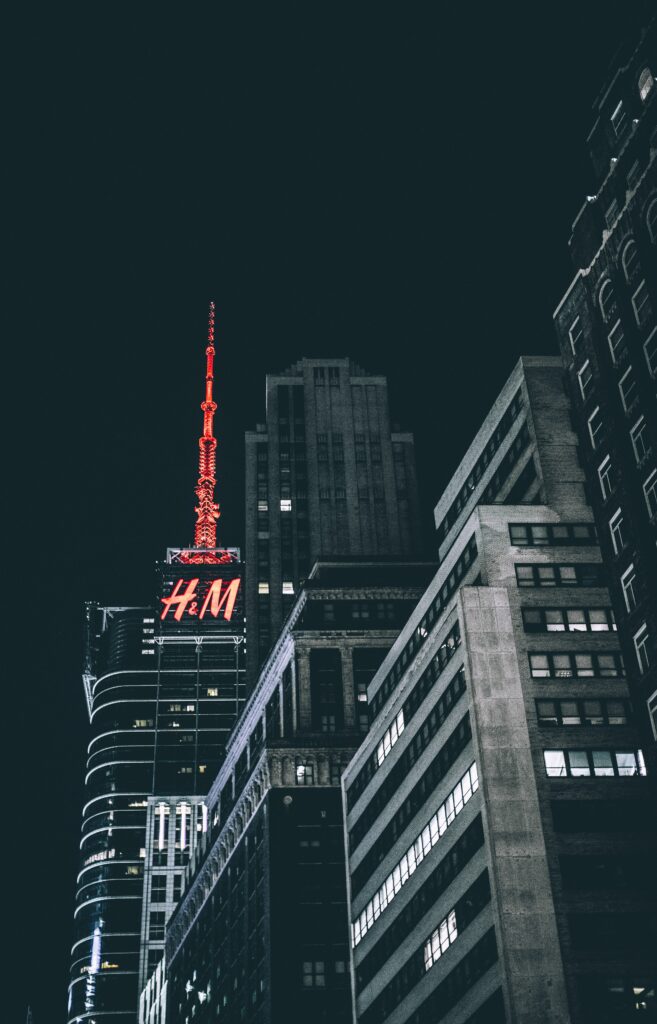
On February 24, the Supreme Court issued a decision in Unicolors v. H&M, a case concerning copyright registration and legal errors made in applications for copyright registration. In the case, Unicolors, a fabric design firm, sued H&M, a popular clothing retailer, for infringing its copyright in certain fabric designs. In response, H&M asserted that Unicolors did not hold a valid copyright in the designs since there were legal errors in its copyright registration application. Specifically, Unicolors had registered multiple works in a single application under a regulation requiring that those works be used “in the same unit of publication,” but then made the different fabric designs from the group application available separately. While registering a copyright is not necessary in order to obtain copyright protection, it is required that a copyright holder register her copyright in order to bring a civil action for infringement, as Unicolors had done here. An appeals court had found that the legal error made in Unicolors’s application invalidated its copyright registration, making it unable to sue for infringement, but the Supreme Court overturned this finding, paving the way for Unicolors to pursue its infringement action.
U.S. copyright law already permitted registration applications to be treated as valid when there are inadvertent factual errors in the application, but the question of whether inadvertent legal errors could invalidate a registration was one of first impression for the Court. In a majority opinion by Justice Breyer, it held that inadvertent legal errors on copyright registration applications are excusable and do not invalidate the registration. Instead, the Court found that “actual knowledge” of the legal error(s) on copyright registration applications was needed in order to invalidate the registration. Therefore, Unicolors’s legal errors on its application for copyright registration, which were not made with actual knowledge, did not invalidate its registration, making its copyright valid. While all of this may seem to fall squarely into the realm of arcane technicalities, it is worth noting that the Supreme Court does not tackle many copyright issues. This new decision by the country’s highest court reminds us that copyright law is subject to judicial interpretation at all levels rather than being fixed and inflexible.
While some commenters have argued that the case will have little relevance going forward, since it concerned a very narrow question, Unicolors’s attorney called the decision “a big win for artists and poets,” as these creators “can now enforce their copyrights without fear that blatant infringers will skate on a technicality[.]” Indeed, by finding legal errors in registration application to be excusable when they are not made knowingly, the Supreme Court may make it harder for parties to challenge copyright ownership based on errors made in registration in order to escape liability for infringement. Less sophisticated parties—like individual creators—are perhaps more likely to make innocent errors in copyright registration applications. Whether this case will prove to be a “win” for creators is unknown, but Authors Alliance will keep our members and readers apprised about further developments as lower courts apply and react to this new principle.
Discover more from Authors Alliance
Subscribe to get the latest posts sent to your email.
